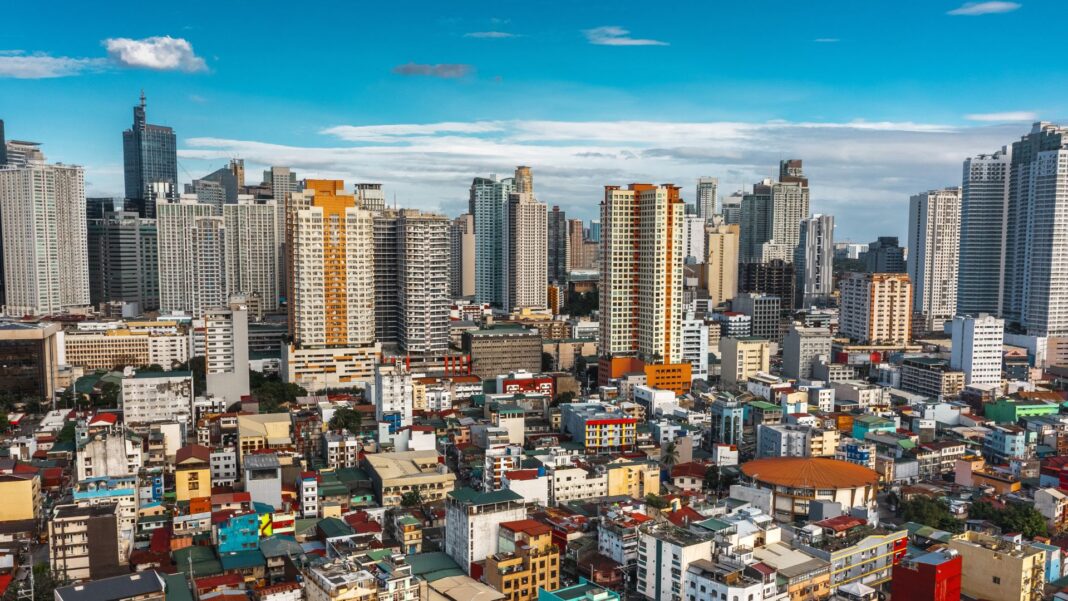The Philippines has earned praise for liberalizing investment laws that now allow full foreign ownership in key industries, including retail, telecommunications, and renewable energy. However, the ASEAN Investment Report 2025 notes that policy reform alone is not sufficient to reverse the country’s slow investment performance.
The report points to persistent obstacles such as red tape, limited infrastructure, and unreliable power supply. It compares the Philippines’ current situation with that of Indonesia, Malaysia, and Thailand, which have implemented unified investment facilitation systems that shorten approval processes and provide clearer incentives for technology-intensive industries.
Although initiatives such as the “Make It Happen in the Philippines” campaign have improved visibility, investors continue to prioritize countries with stronger logistics and energy reliability. The ASEAN Secretariat stressed that financial incentives may attract attention, but only physical readiness can bring long-term projects.
The report concludes that the Philippines has a strong reform agenda but must prove that policies translate into real improvements in ease of doing business. The challenge for policymakers is to ensure that investment incentives are matched by efficient governance, modern infrastructure, and a consistent regulatory environment.


